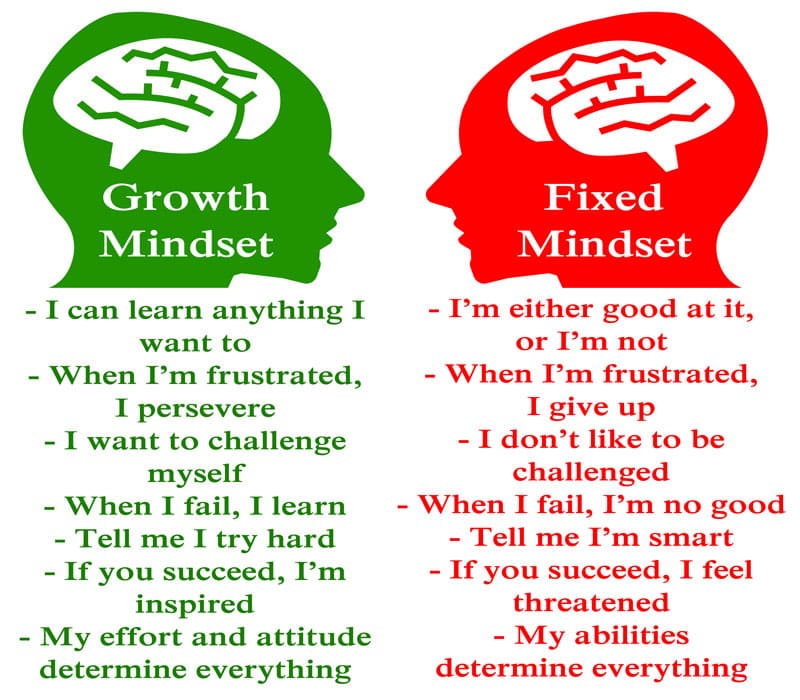
Decoding Autism: Debunking the Myths
Autism Spectrum Disorder, better known as Autism or ASD, affects about 1 out of every 68 children in the US. It is a complex neurobehavioral condition characterized by impairments in social interaction, language development, and communication skills. Moreover, it usually includes rigid, repetitive behaviors. Autism is a spectrum that carries a wide range of symptoms, disabilities, and skills.
Despite its prevalence and representation in mass and social media, not many people fully grasp the implications of having the condition. In fact, several myths surround Autism, and these assumptions can hamper how people treat individuals who have it. It is imperative, therefore, to dispel misconceptions about it.
Vaccines Cause Autism
The Centers for Disease Control and Prevention confirms that there is no link between vaccines and autism. In a study published in 2013, the organization found that of eight investigated vaccines, each had a similar effect on both children with and without autism. The findings decisively disproved the causal relationship between the two.
Moreover, the agency has funded at least nine studies that look into the relationship between the condition and thimerosal, a preservative and vaccine ingredient purported to trigger autism. The studies could, likewise, not link the preservative to autism.
Individuals with Autism Do Not Want to Interact with People
One of the main characteristics of autism is impaired social skills; for some individuals, it is difficult to interact with other people and make friends. Often, he or she does not know how to convey what he or she wants to say, and some people interpret it as anti-social behavior.
Like most people, though, people with autism want to establish connections with their peers. Experts say that they do not lack the motivation to join social settings; rather, they simply do not have the right skills to function in it and end up responding awkwardly instead. Still, some enjoy the company of other people.
All Individuals with Autism Have Special Gifts
People often associate autism with Dustin Hoffman’s character in the 1988 film, Rain Man. He played Raymond Babbitt, an autistic individual who has an extraordinary memory and impressive mathematical skills. As a result, there is a perception that all autistic individuals have a special skill or that they are savants, people who have extraordinary abilities in math, music, arts, memory, and others.
It’s true that people with autism have different skills, talents, and interests, but not everyone is a savant like Raymond Babbitt. In fact, only about 10% fall into that category. Bear in mind that autism is a spectrum. So, while some can be extremely gifted, others have the same cognitive level as those without autism.
Autism Can Be Cured
Autism is a lifelong condition; a child with autism will go on to become an adult with autism, as well. The Autism Resource Centre in Singapore, the Autism Society, and the National Autistic Society of the UK all agree that there is no documented cure for the condition.
Patients, however, respond well to early intervention and educational techniques that cater to their special needs. These approaches alleviate the disruptive behaviors associated with the condition and help them gain independence. With the proper support, individuals with autism can learn, flourish, and live up to their full potential.
At Achievement Balance, our one-of-a-kind intervention promotes dignity and self-worth. We zero in on self-determination, socialization, and daily living functions. With us, children can have a superior quality of life.
Contact us today to learn more about how we can make your child’s life better.

